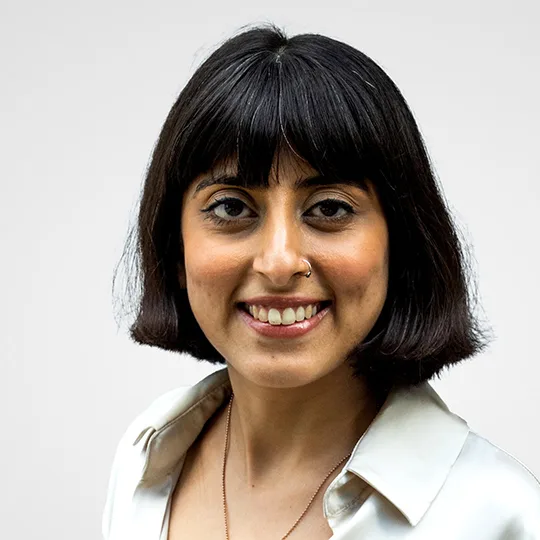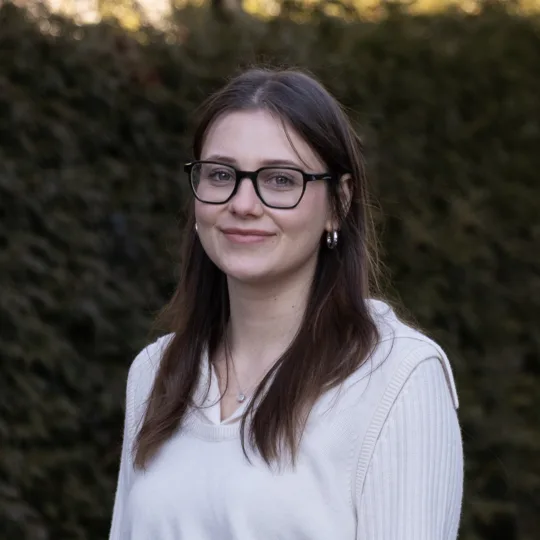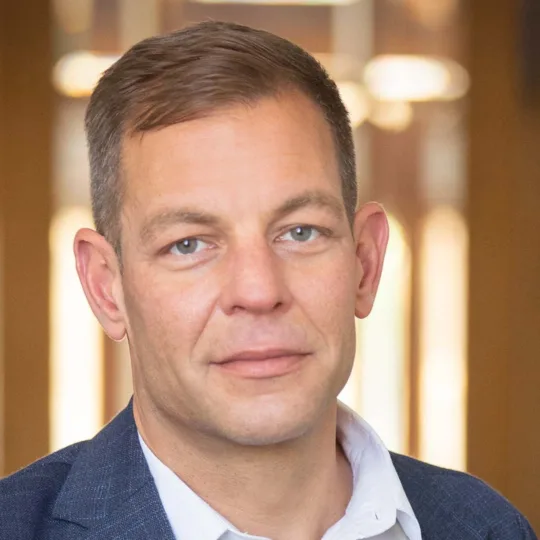Trialogue Days: Experimenting with a New Format for Scientific Engagement
In December 2024, 75 experts from diverse fields across Switzerland, Uganda, and India gathered in Bengaluru for the Trialogue Days: Planetary Health from Different Perspectives – Mind the Gap. Over five days, they explored complex interdependent challenges seeking interdisciplinary solutions that could benefit all life forms.
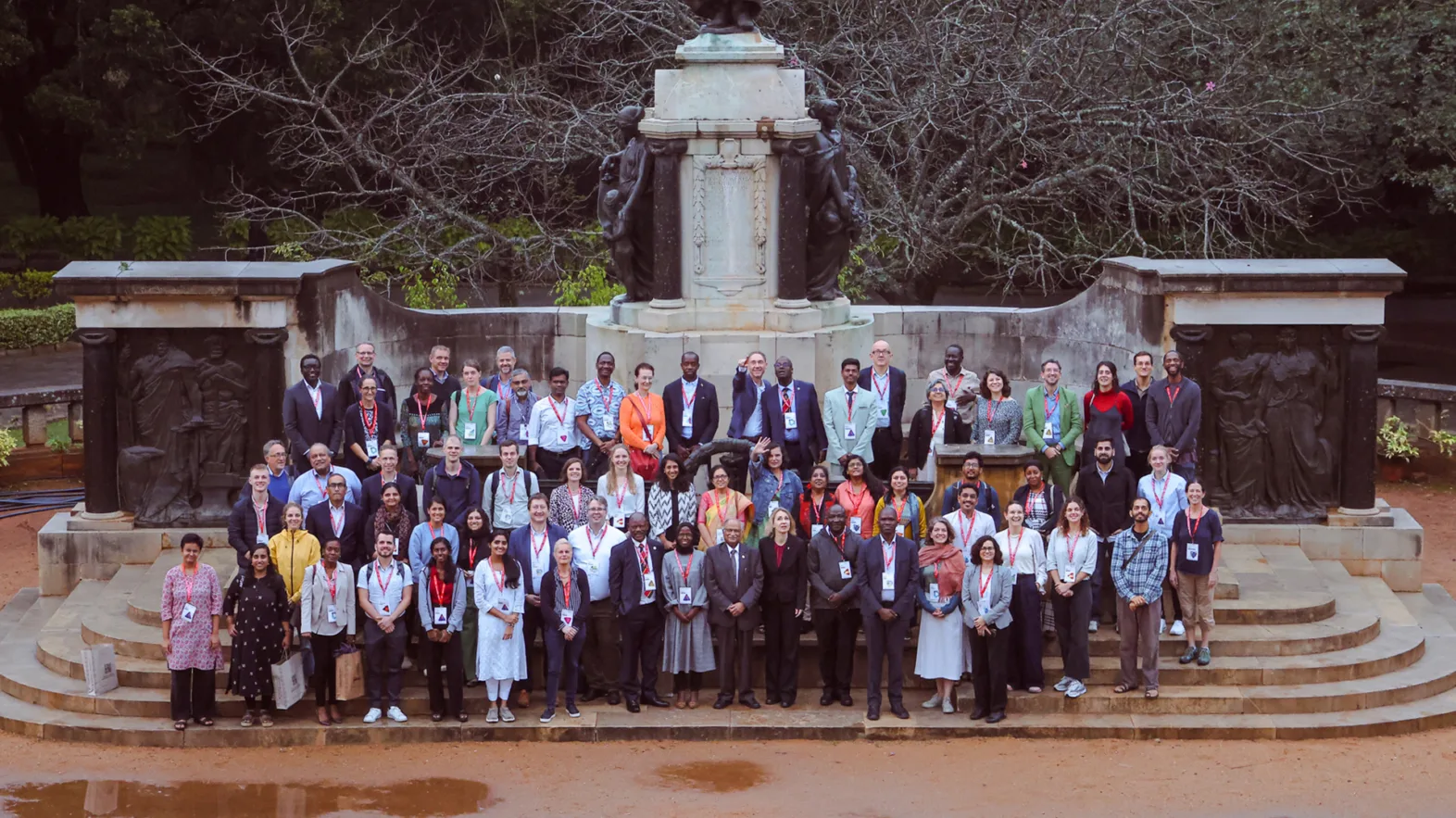
Unlike traditional conferences where researchers often present within their niche areas, the Trialogue Days encouraged participants to step outside their specializations. Some scientists initially questioned why they had been invited, uncertain of their role in discussions far removed from their primary expertise. But that diversity was the point: tackling planetary health requires insights from multiple perspectives.
Addressing interconnected challenges requires collaboration across disciplines, from environmental science and public health to agriculture and policy, to develop sustainable, systemic solutions.
Connecting different disciplines
To foster meaningful exchanges, participants were introduced to one another ahead of the event, giving them time to build rapport and begin exploring ideas. By the time they met in person, conversations flowed easily, ideas sparked, and collaboration felt natural. This early connection helped generate thoughtful and dynamic discussions during the in-person sessions.
One group even used their early interactions to create a skit on decarbonization, exploring the issue from multiple perspectives. Their performance traced the invisible threads between personal well-being, urban infrastructure, and global systems – how a restless night, weighed down by heat and poor air quality, could ripple into decisions, movements, and policies. As the scene unfolded, the question was not just about one person’s struggle, but about the systemic patterns shaping entire cities: what happens when a warming world starts dictating the rhythms of daily life, from work to mobility to health? The skit blurred disciplines, showing how urban planning, law, and climate science are not separate domains but interlocking forces shaping the future.
Through the Trialogue Days, discussions organically bridged fields: another special segment unraveled the interplay between economics, behavioural psychology, and the media’s influence on planetary health.
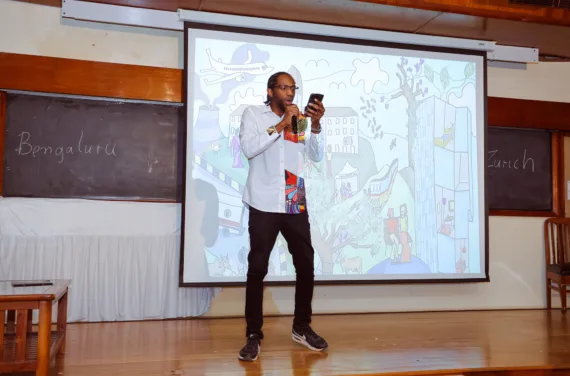
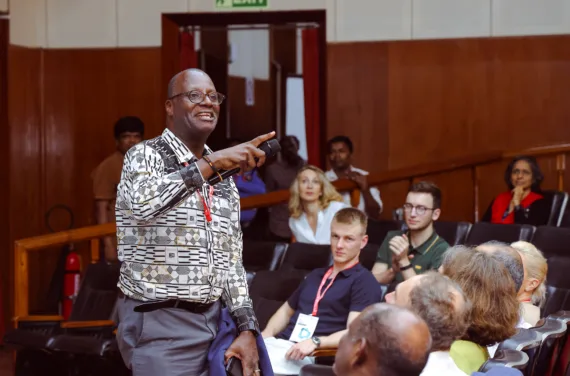
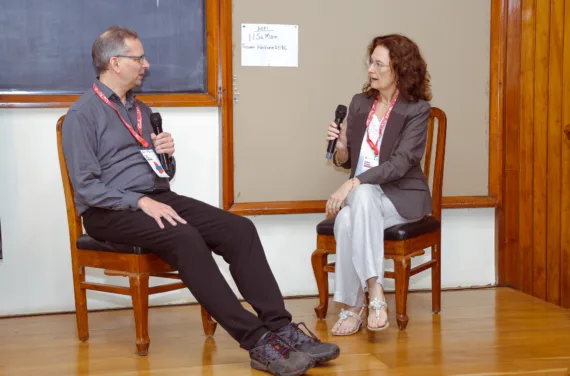
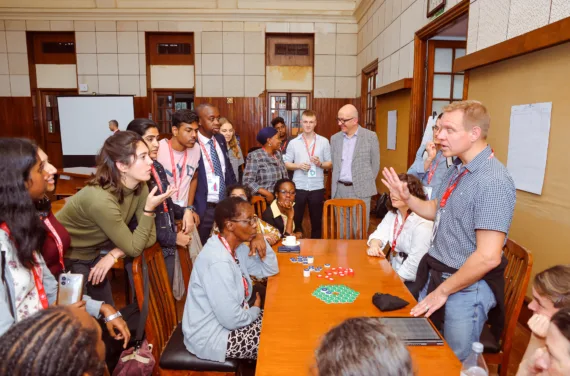
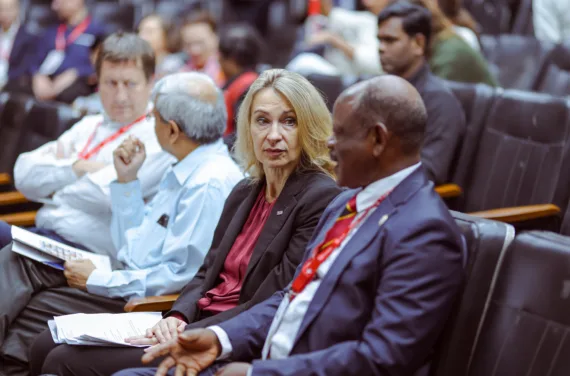
Games and rap
Trialogue Days also incorporated conversations through several board games. The game Tipping Point simulated trade-offs between space, natural resources, human activities and ecosystem services.
«To win the game, we had to reflect on the playing rules and the aim of the game, which allowed drawing parallels to our current challenge of transforming society towards more sustainable practices.»
Science rapper Jon Chase, known for his work with the BBC and NASA, made observations and interacted with the participants throughout the Trialogue Days and distilled the essence of the discussions into a live performance that everybody took part in, turning key insights into an accessible and memorable collective experience.
Ongoing collaborations
Following the Trialogue Days, participants were invited to submit project proposals arising from their conversations, with the opportunity to secure funding of 4,000 CHF for a collaborative initiative spanning all three countries and at least three disciplines. The participants that were awarded the grant will use remote sensing to study how climate change, urbanization and health interact with each other in Uganda.
The Trialogue Days were co-organized by the University of Zurich, the Infectious Diseases Institute at Makerere University, the Indian Institute of Science, and Swissnex in India. The event built on a decade-long partnership between the University of Zurich and Makerere University through the Dialogue Days initiative. By experimenting with new engagement formats, the organizers aimed to cultivate trust and spark fresh ideas – an approach that, based on participant contributions and ongoing collaborations, seems to have resonated. Researchers will have the chance to get ambitious projects funded later this year through the launch of the next Indo-Swiss Joint Research Program call on One Health.
Swissnex for the Planet is an initiative to explore a new form of diplomacy focused on rebalancing human and nonhuman interests on this planet. The Trialogue Days, hosted by Swissnex in India, exemplified this spirit, uniting experts from Switzerland, Uganda, and India to explore planetary health through interdisciplinary dialogue. The next edition of Trialogue Days is being planned for 2026.
Contact
Author
